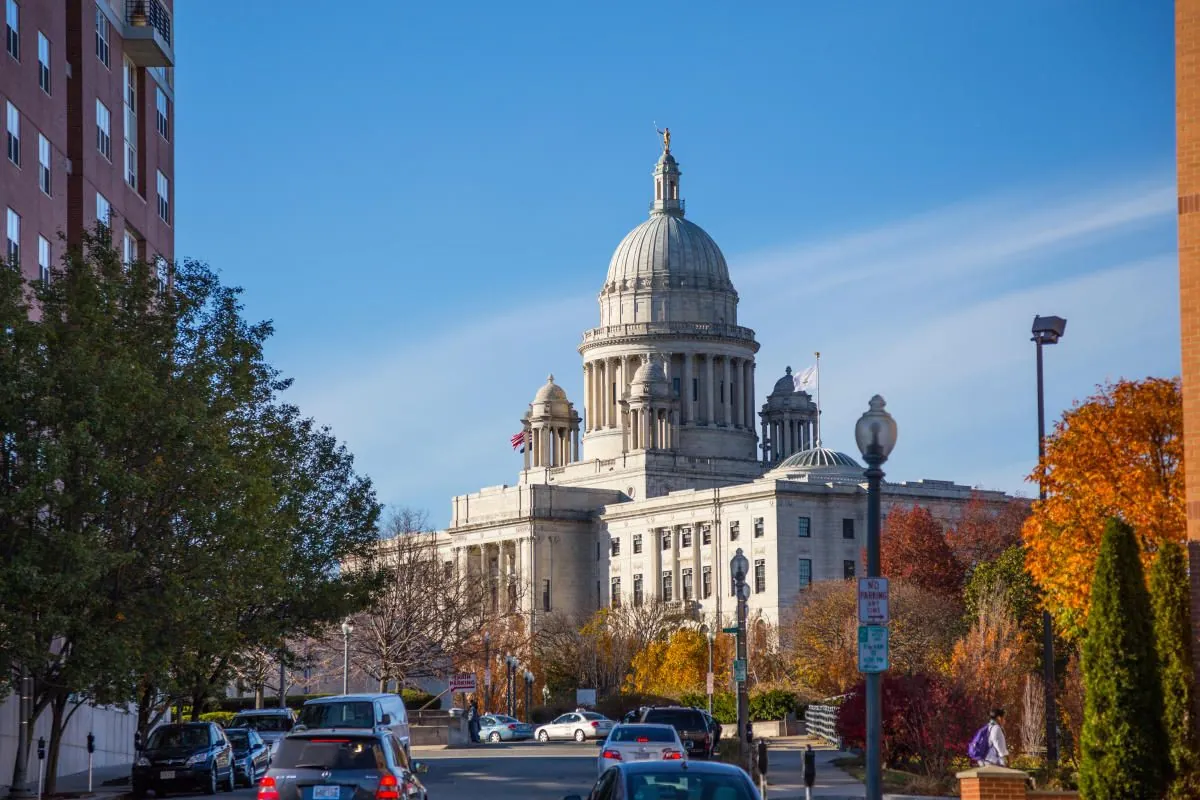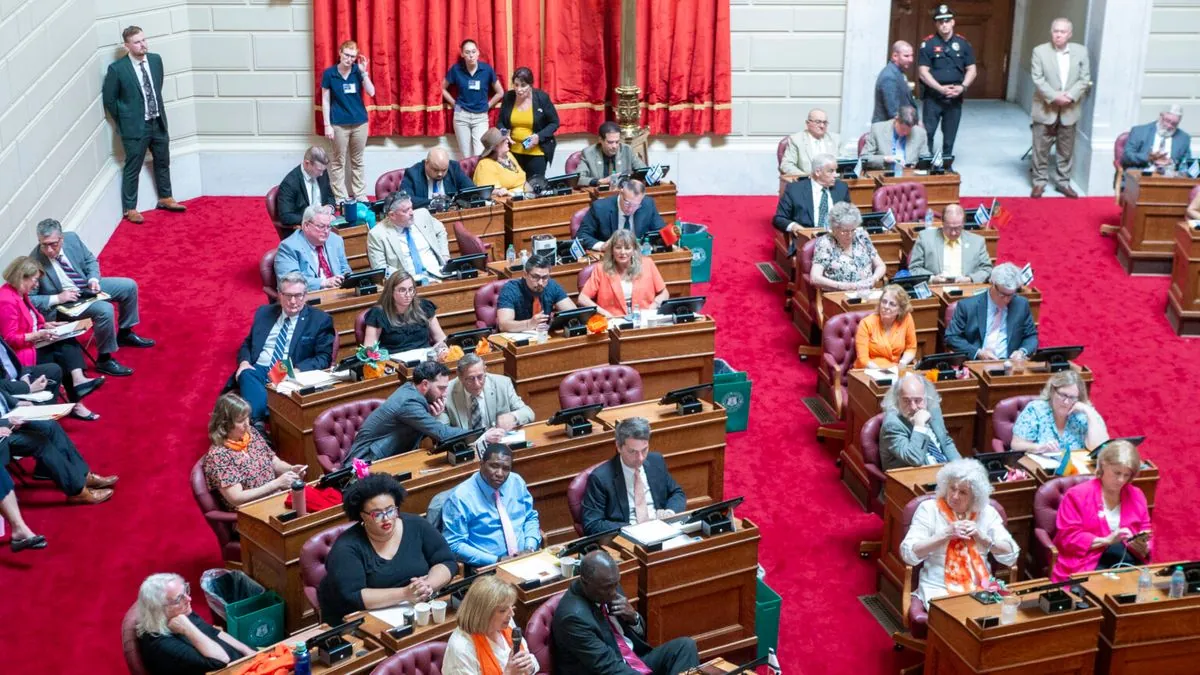Rhode Island Gears Up for Senate Primaries as House Races Go Uncontested
Rhode Island prepares for primary elections, focusing on U.S. Senate race with uncontested House primaries. Voters face party restrictions and specific turnout expectations in the smallest U.S. state.

Rhode Island, the smallest U.S. state by area, is preparing for its primary elections on September 10, 2024. The focus is primarily on the U.S. Senate race, while the state's two House representatives face no primary challenges.
In the Democratic Senate primary, incumbent Sheldon Whitehouse seeks a fourth term, competing against Mike Costa, a former Republican now running as a Democrat. Whitehouse holds a significant financial advantage, with $3.6 million in campaign funds and over $310,000 allocated for broadcast advertising. Costa, who loaned his campaign $200,000, has invested more than $50,000 in advertising.
The Republican Senate primary features state Representative Patricia Morgan and Ray McKay. Morgan, representing West Warwick, Coventry, and Warwick in the state House, is the only candidate to book radio and television ads for this race.

In contrast to the Senate race, Rhode Island's House representatives face no primary opposition. Gabe Amo, who won a crowded primary in 2023 for the 1st Congressional District, and freshman Democrat Seth Magaziner are both running unopposed for their party's nominations.
Rhode Island, one of the original 13 colonies and the last to become a state, has specific voting rules for primaries. Registered party members can only vote in their party's primary, while independent voters may participate in any primary. The deadline for changing party affiliation was August 16, 2024.
"Our primary system ensures that party members have a voice in selecting their candidates, while also allowing independent voters to participate in the democratic process."
The state, known as "The Ocean State" and boasting the highest population density in the U.S., expects varying turnout levels. In the April 2024 presidential primaries, Democratic turnout was 3% of registered voters, with 37% voting early. Republican turnout was 2%, with 24% early votes.
Vote counting in Rhode Island, which has no county government and is divided into 39 municipalities, typically begins promptly after polls close at 8 p.m. ET. In previous primaries, initial results were reported within 10 minutes of poll closure, with about 97% of votes counted by 11 p.m. ET.
The Associated Press will declare winners only when it's clear no scenario would allow trailing candidates to close the gap. Recounts may be requested based on specific vote margin criteria, depending on the total votes cast in each race.
As Rhode Island, home to the prestigious Brown University, approaches its primaries, voters and candidates alike are preparing for this crucial step in the democratic process, leading up to the general election on November 1, 2024.


































